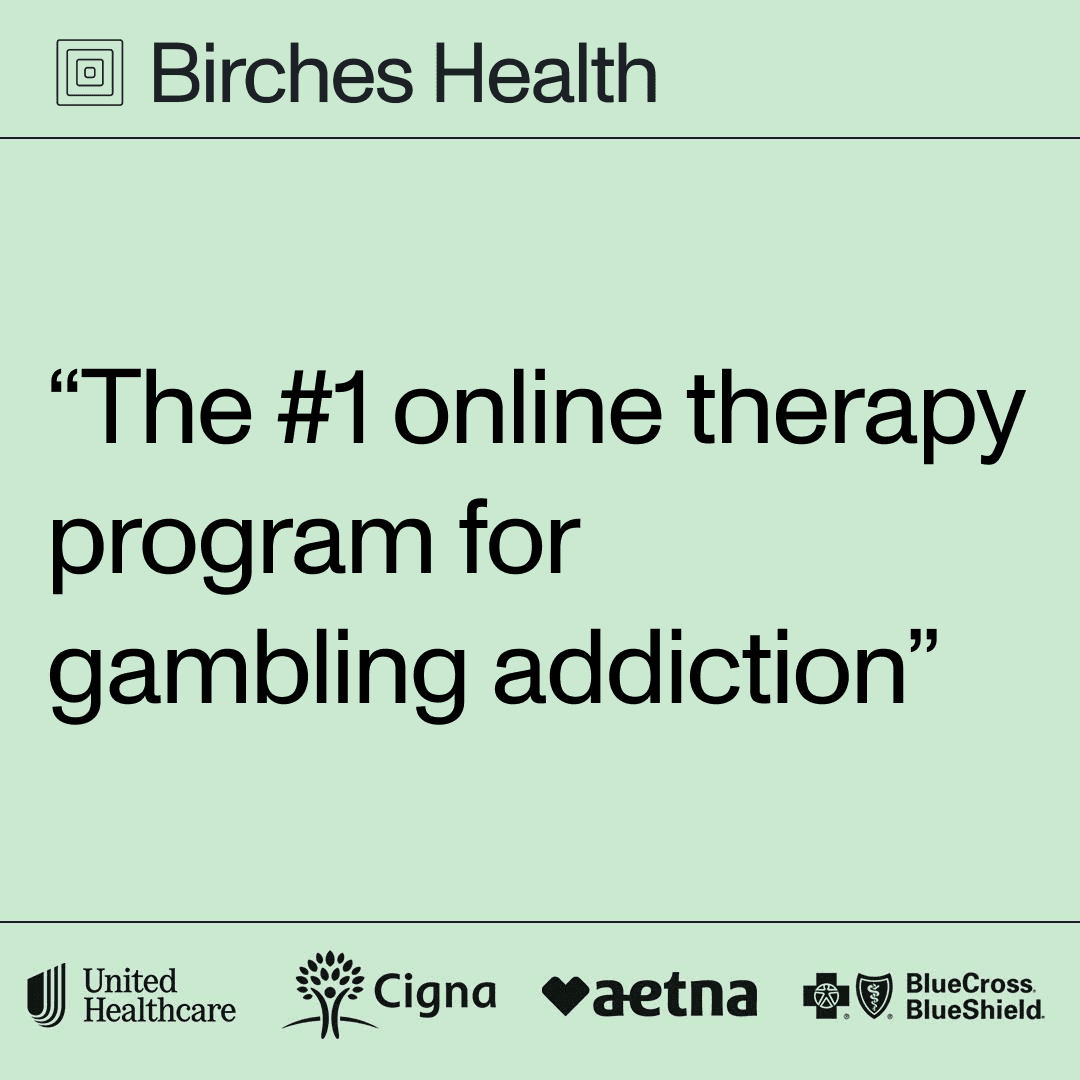Is America Addicted to Parlays? Rapid Rise in Parlay Bets
Published:
Oct 1, 2024
,
06:15 p.m.
ET
Updated:
Jan 13, 2025
,
05:41 p.m.
ET

Over the past few years, sports betting has exploded in popularity across the United States, transforming how millions of Americans engage with their favorite teams and players. This boom, fueled by the widespread legalization of sports betting, has also seen the rise of a particular type of wager that dominates commercials, social media and conversations among bettors: PARLAYS.
From advertisements featuring six-figure wins to pre-built parlays promoted by sportsbooks, the parlay has become synonymous with modern sports betting. But as this trend continues to grow, it’s important to ask: is America becoming addicted to parlays, and what are the consequences of this high-risk, high-reward, low-expected-value betting trend?
What are parlays in sports betting?
A parlay is a type of sports bet that combines two or more individual picks into a single bet. To win a parlay, all the picks (or "legs") included in the parlay must be correct. If even one loses, the entire parlay fails.
While this adds an extra layer of excitement to betting, it also significantly increases the difficulty of winning. Bettors are drawn to parlays because they offer the potential for a much higher payout than traditional single bets, especially as more legs are added. However, the decreased statistical likelihood of winning parlays means they are a gamble in the truest sense of the word. Some even equate many-leg parlays to “lottery tickets,” since the potential winnings are massive relative to the risk amount, but they’re similarly unlikely to win.
For example, imagine placing a three-leg parlay on an NFL Sunday. You bet that the Kansas City Chiefs will win, the Green Bay Packers will cover the point spread, and the total score for the Philadelphia Eagles vs Dallas Cowboys game will go over the set number of 46.5 combined points. Even if two of those bets hit, but one fails, the entire parlay is a loss. In contrast, placing those bets individually would result in partial wins.
How popular are parlays?
The rise in parlay betting has been massive, thanks in large part to aggressive marketing from major sportsbooks like FanDuel, DraftKings and BetMGM. These companies heavily promote parlays, with celebrity TV ads, particularly "Same Game Parlays" (SGPs), which allow bettors to combine multiple bets in a single game. In 2023 alone, parlays accounted for 70% of all NFL and NBA bets placed on FanDuel, according to Flutter Entertainment, FanDuel’s parent company. In fact, since FanDuel began accepting bets in 2019, the number of parlays placed has increased by 65%.
The financial benefits to sportsbooks are immense. In Illinois, 194.6 million parlays were placed across eight sportsbooks in 2023, generating $580.5 million in revenue. The success rate of these parlays was only 17.74%, and sportsbooks held an 18.2% profit margin on these bets, compared to a much smaller 4.9% hold on traditional straight, single bets. This disparity illustrates why sportsbooks prioritize parlays in their marketing: they are incredibly lucrative for the “house.”
UPDATE (10/18/24):
In New Jersey during September 2024, parlays accounted for a record 32.2% of sports betting handle and 72.5% of gross revenue. Hold on parlays was 24.2%(!), compared to 4.4% for every other bet type. If there were ever a clear indicator of why sportsbooks love when you bet parlays and why you should therefore avoid them, this is it!

Why you should NOT bet parlays
Despite their allure, parlay bets are usually a losing wager type for bettors because the odds are stacked strongly against them. While a two-leg parlay with standard odds might pay out at 2.6 to 1, the true probability of winning such a bet would dictate a payout closer to 3 to 1. As more legs are added, the house edge increases significantly. For a five-leg parlay, the house’s edge skyrockets to around 35%.
This means that while the payout potential increases with each leg added, the actual expected value (EV) for the bettor diminishes dramatically. In other words, it’s already hard enough to break even at 52.4% of straight bets; trying to do so with multiple legs in a parlay is a recipe for long-term losses.
Sportsbooks capitalize on the high-risk, high-reward nature of parlays, enticing bettors with stories of the rare massive six- or seven-figure wins. However, these wins are far from the norm. For every bettor who hits a big parlay, thousands more are losing, making parlays one of the least profitable ways to bet over time.
What parlay betting increase may say about U.S. culture
The rise of parlays reflects broader trends in American culture, particularly the growing appetite for gambling and risk-taking. A recent article titled "Has America Become a 'society of gamblers'?" delves into the increasing normalization of gambling in different forms across the U.S. With the rise of digital platforms and the constant promotion of big wins, gambling has become not just a pastime but a lifestyle for many. Parlay betting, in particular, taps into a "lottery ticket" mentality - the belief that one big win could change everything.
However, this mindset can lead to problematic behavior, especially when bettors start chasing losses or relying on parlays as a regular strategy. The excitement of a potential big payout can quickly turn into desperation, leading to feelings of being “due” for a win, subsequent financial strain and at times emotional stress.

Why are parlays dangerous?
Beyond the basic math of parlay odds, the danger of parlays lies in their addictive nature. The possibility of winning a large sum with a relatively small wager makes them particularly appealing to recreational bettors. But this allure masks the fact that parlays are among the worst bets one can make in terms of potential long-term profitability.
The more someone bets on parlays, the greater the likelihood they will lose more than they win. This can lead to a dangerous cycle of chasing losses, placing more parlays in the hopes of a big win to recover past losses. For some, this behavior can spiral into a gambling addiction, where the thrill of the bet takes precedence over rational decision-making.
Gambling Addiction treatment options
If you or someone you know is struggling to control their gambling, particularly with parlay betting, there are resources available to help. Birches Health offers specialized gambling addiction treatment, with licensed counselors who have decades of experience in the field. Their services are confidential, convenient, and often come with low or $0 out-of-pocket costs for many patients.
Gambling addiction can be a difficult road to navigate, but with the right support and treatment plan, recovery is possible. Birches Health is committed to helping individuals regain control over their lives, free from the cycle of compulsive gambling. If you or someone you know needs help, reach out to Birches Health by clicking here, calling 833-483-3838 or emailing hello@bircheshealth.com.




